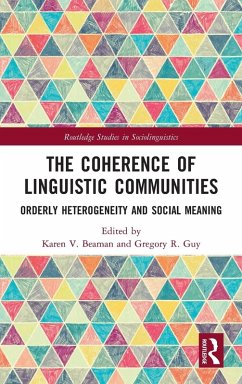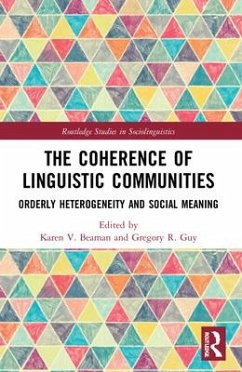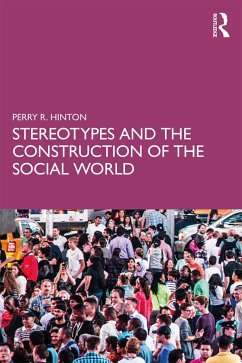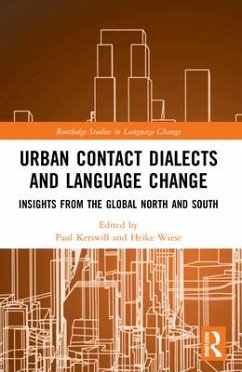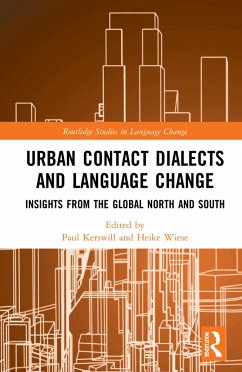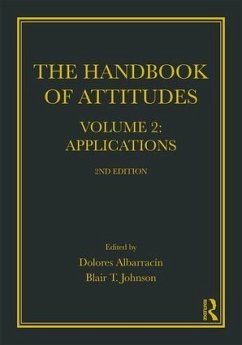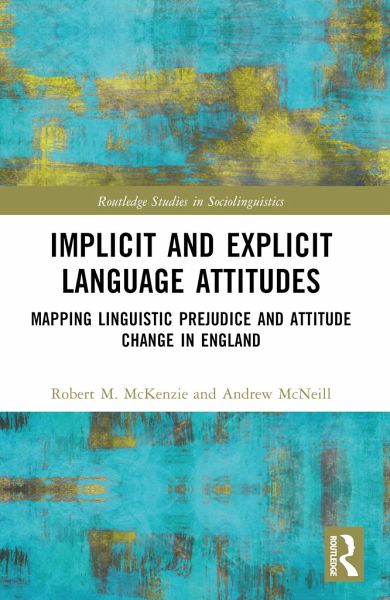
Implicit and Explicit Language Attitudes
Mapping Linguistic Prejudice and Attitude Change in England

PAYBACK Punkte
77 °P sammeln!
This timely volume constitutes the first book-length account of implicit as well as explicit language attitudes. It details the findings of a large-scale study, incorporating cutting-edge implicit and self-report instruments adapted from social psychology, investigating the evaluations of over 300 English nationals of the status and social attractiveness of Northern English and Southern English speech in England.The book is unique in its examination of implicit-explicit attitude divergence, across a range of social factors, to identify the direction of language attitude change in progress and ...
This timely volume constitutes the first book-length account of implicit as well as explicit language attitudes. It details the findings of a large-scale study, incorporating cutting-edge implicit and self-report instruments adapted from social psychology, investigating the evaluations of over 300 English nationals of the status and social attractiveness of Northern English and Southern English speech in England.
The book is unique in its examination of implicit-explicit attitude divergence, across a range of social factors, to identify the direction of language attitude change in progress and the particular social groups leading attitude change. The volume provides a comprehensive understanding of language-based prejudice in England and the study paves the way for researchers to employ newly developed implicit and explicit measures to investigate language attitudes and language attitude change in a range of contexts.
This book is invaluable for researchers in sociolinguistics and applied linguists interested in theoretical and methodological aspects of linguistic prejudice and language variation and change. It is also essential reading for social psychologists with an interest in attitudes, attitude change and prejudice.
The book is unique in its examination of implicit-explicit attitude divergence, across a range of social factors, to identify the direction of language attitude change in progress and the particular social groups leading attitude change. The volume provides a comprehensive understanding of language-based prejudice in England and the study paves the way for researchers to employ newly developed implicit and explicit measures to investigate language attitudes and language attitude change in a range of contexts.
This book is invaluable for researchers in sociolinguistics and applied linguists interested in theoretical and methodological aspects of linguistic prejudice and language variation and change. It is also essential reading for social psychologists with an interest in attitudes, attitude change and prejudice.





